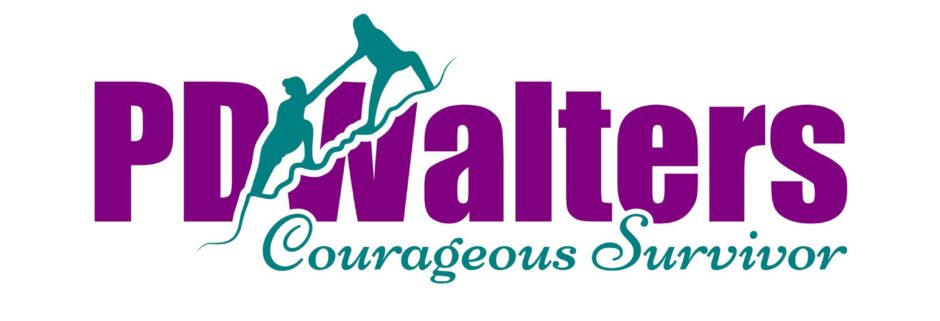When a person has been exposed to trauma, the brain adapts in ways that can make navigating life—and especially relationships—challenging. Trauma often roots itself deeply in the emotional brain, or the limbic system, which is responsible for feelings like fear, anger, sadness, and even joy. While this system is essential for survival and emotional connection, it can become overactive after trauma, leading to responses that are driven more by feelings than facts. This can create a cycle where healthy relationships feel out of reach.
Understanding the Emotional Brain
The emotional brain is our first responder. It’s designed to protect us by reacting quickly to perceived threats, whether real or imagined. For those who have experienced trauma, this system can become hypervigilant, always scanning for danger. This means even harmless comments or situations can feel like personal attacks, triggering an emotional response that bypasses the rational brain—the prefrontal cortex, where logical thinking and problem-solving occur.
This was my reality for years. I responded to people and situations through the lens of past pain, interpreting neutral interactions as threats. This constant state of emotional reactivity not only kept me stuck in a cycle of victimhood but also strained my relationships. I wasn’t truly hearing others because my emotional brain was too busy defending against imaginary harm.
The Challenge of “Playing the Victim”
When someone is constantly “playing the victim,” it’s often a sign that their emotional brain is running the show. This isn’t about weakness or manipulation—it’s about survival. For many trauma survivors, staying in a victim mindset feels safer because it reinforces their emotional brain’s narrative: the world is dangerous, and people are not to be trusted. Unfortunately, this mindset can prevent genuine connection and growth, leaving both the survivor and those around them feeling frustrated and disconnected.
Rewiring the Brain: My Journey
Healing from trauma and shifting from emotional to rational responses is no small task. It requires intentional effort to rewire the brain. For me, this meant learning to pause before reacting. When someone said or did something that triggered me, I started asking myself:
- Am I reacting based on fact or feelings?
- Is there evidence to support my emotional response?
- How might I respond if I were thinking more logically?
These questions became my lifeline, helping me bridge the gap between my emotional and rational brain. At first, this process felt unnatural and even exhausting. But over time, it became a habit, one that has transformed how I interact with others and view myself.
The Role of Relationships in Healing
Healthy relationships can be both a challenge and a key to healing for trauma survivors. Surrounding yourself with people who understand your journey and encourage your growth is essential. These relationships provide a safe space to practice rational responses and to rebuild trust—not only in others but in yourself.
Still a Work in Progress
I’d be lying if I said I’ve mastered the art of balancing my emotional and rational brain. There are still moments when my emotional brain takes over, and I react from a place of hurt rather than understanding. But the difference now is that I’m aware of it. I can recognize when I’ve fallen into old patterns and take steps to correct them.
Healing from trauma isn’t linear, and it’s not about perfection. It’s about progress. Each time I pause, reflect, and choose a rational response, I’m rewiring my brain and creating a healthier version of myself.
Moving Forward
If you find yourself stuck in emotional responses, know that you’re not alone. Trauma changes the brain, but the brain is also capable of healing and growth. Start by giving yourself grace. Then, begin the work of rewiring your thoughts, one pause at a time. Surround yourself with people who support your journey and remind yourself that progress is a victory.
Healthy relationships—with others and with yourself—are possible. They begin with the courage to step out of the emotional brain and into a space where logic, love, and understanding can thrive.
If you’re ready to begin your healing journey, I would be honored to walk alongside you. Together, we can navigate the path to reclaiming your courage and building a life filled with strength and connection.
Love,
Paula
